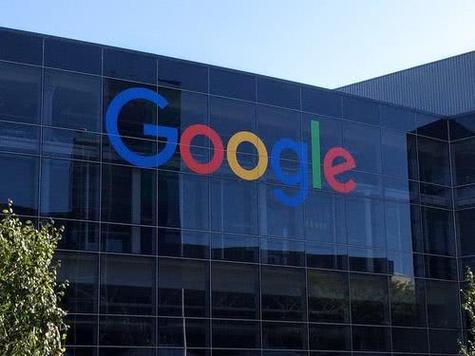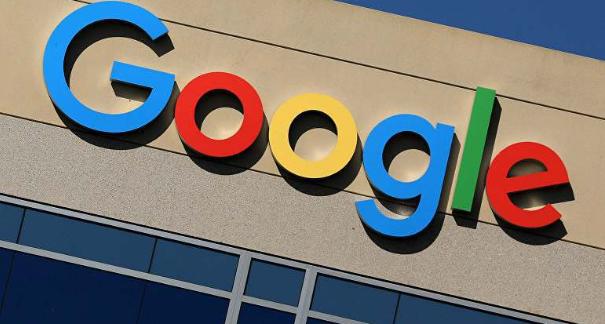**FOR IMMEDIATE RELEASE**
(Gmail’s Privacy Issues: Scanning Email Content?)
**Google Faces Renewed Scrutiny Over Gmail Email Scanning Practices**
MOUNTAIN VIEW, CA – Recent discussions highlight ongoing privacy concerns regarding Google’s Gmail service. Questions focus on whether Google still reads user emails. Google states it stopped scanning personal email content for tailoring advertising several years ago. This change addressed a major user complaint.
However, automated systems still analyze email content. This analysis serves several purposes. It powers core features like spam filtering. It enables security protections against malware and phishing attempts. It also allows functionality such as Smart Reply suggestions and automatic calendar event creation. Google emphasizes this scanning is done by machines, not humans.
Privacy advocates remain concerned. They argue any automated scanning of private communications raises issues. The core issue is user consent and understanding. Many users might not fully realize the extent of this automated processing happening inside their inbox. Critics argue this scanning still builds detailed user profiles. These profiles potentially extend beyond Gmail itself within Google’s ecosystem.
Google maintains its position. The company states user privacy is a top priority. Processing data is necessary for providing and improving services. Google points users to its privacy policy for details. The policy explains how data is used. Users can adjust some privacy settings. Options include turning off personalized ads or managing activity controls. Yet, the fundamental scanning for security and features continues.
(Gmail’s Privacy Issues: Scanning Email Content?)
The debate centers on transparency and necessity. Is the level of automated analysis truly required for service operation? Do users adequately understand what happens to their emails? Security experts generally support necessary scanning for threats. Others question if feature-related scanning crosses a privacy line. This tension between functionality and user privacy persists. Google faces pressure to provide clearer explanations and potentially more granular user controls over email data processing. Regulatory bodies continue monitoring these practices globally.

